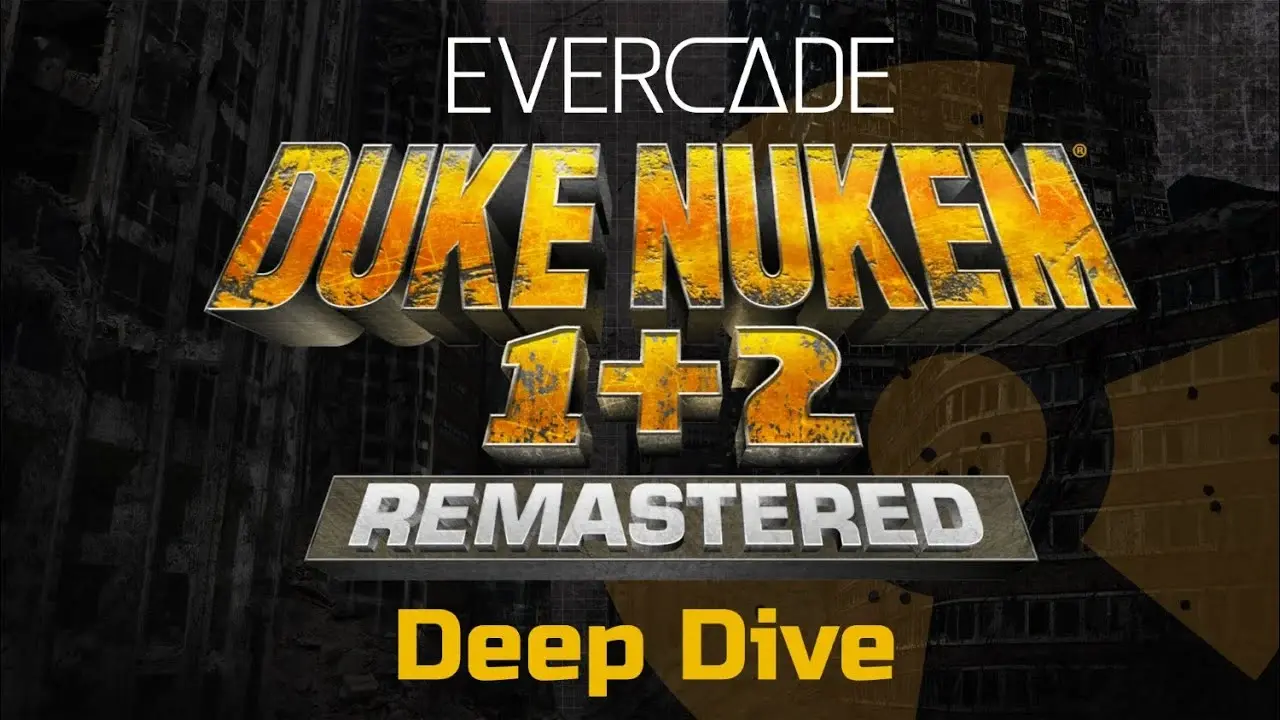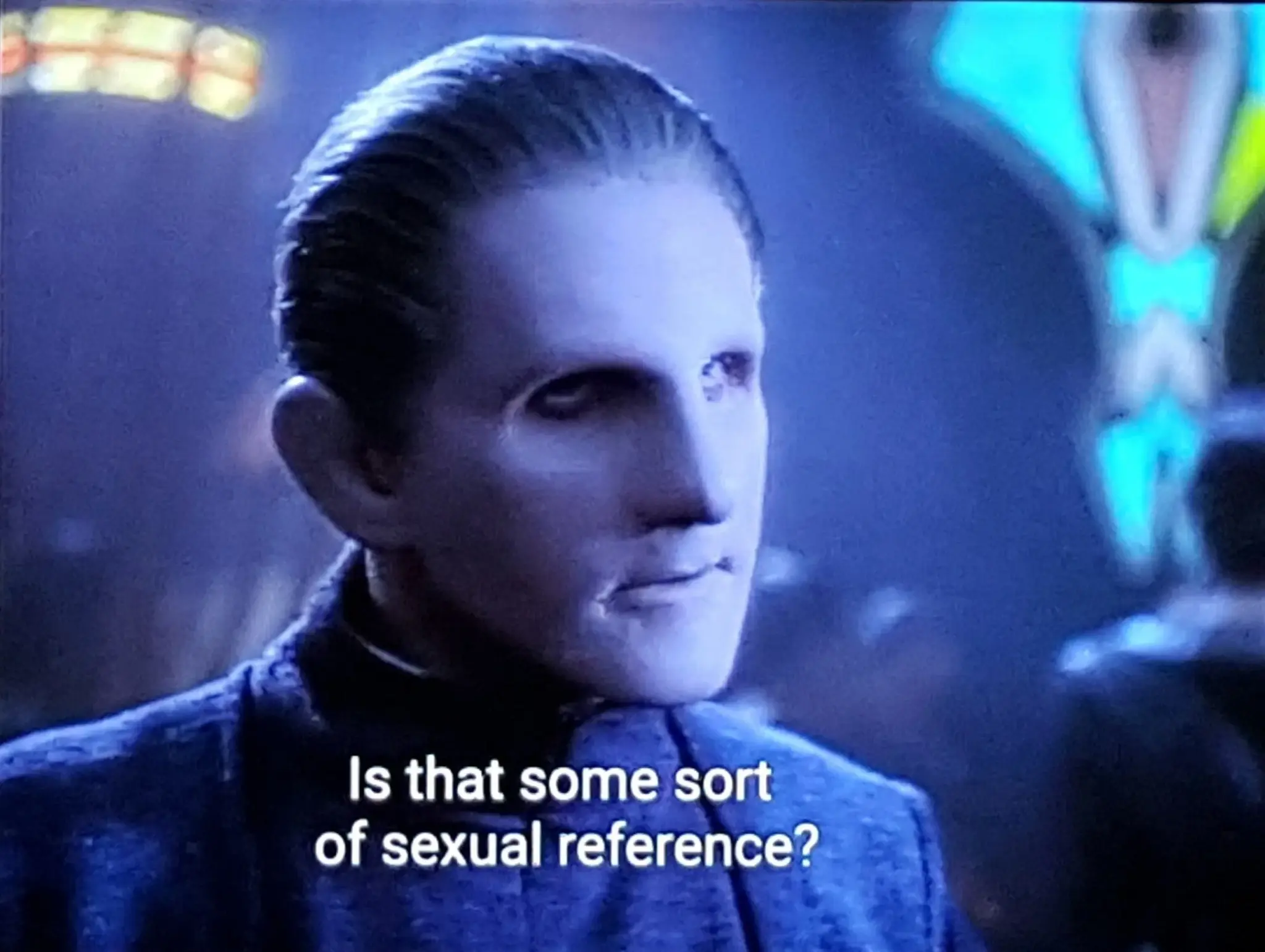

Over the years, I’ve become one to keep my media use as legit as possible. No judgement on anyone who doesn’t, but for a variety of reasons I have chosen to.
For retro games, that means my process is:
- Evercade - I’m a huge fan of the Evercade ecosystem and if a game is available there I will play it there first.
- NSO - For games not available on Evercade, my next stop will be Switch Online.
- Collections - If a game isn’t available on NSO, I’ll see if it’s available via a collection. Think Castlevania Collections, Arcade Archives, Namco Museums, etc. For these I’ll typically check reviews before picking it up and make sure the games play well as that’s not always a guarantee.
- Unlicensed emulation - Only at that point will I fire up a game on my raspberry pi.
Though honestly I can’t really be bothered to tinker with shit as much anymore these days, so often (but not always) by the time I arrive at unlicensed emulation as the solution I’ll just decide to play something else instead.







Broadly speaking it sounds a bit like Antitrust https://en.m.wikipedia.org/wiki/Antitrust_(film)
But I haven’t seen it in quite a while so I’m not sure how well specifics line up.